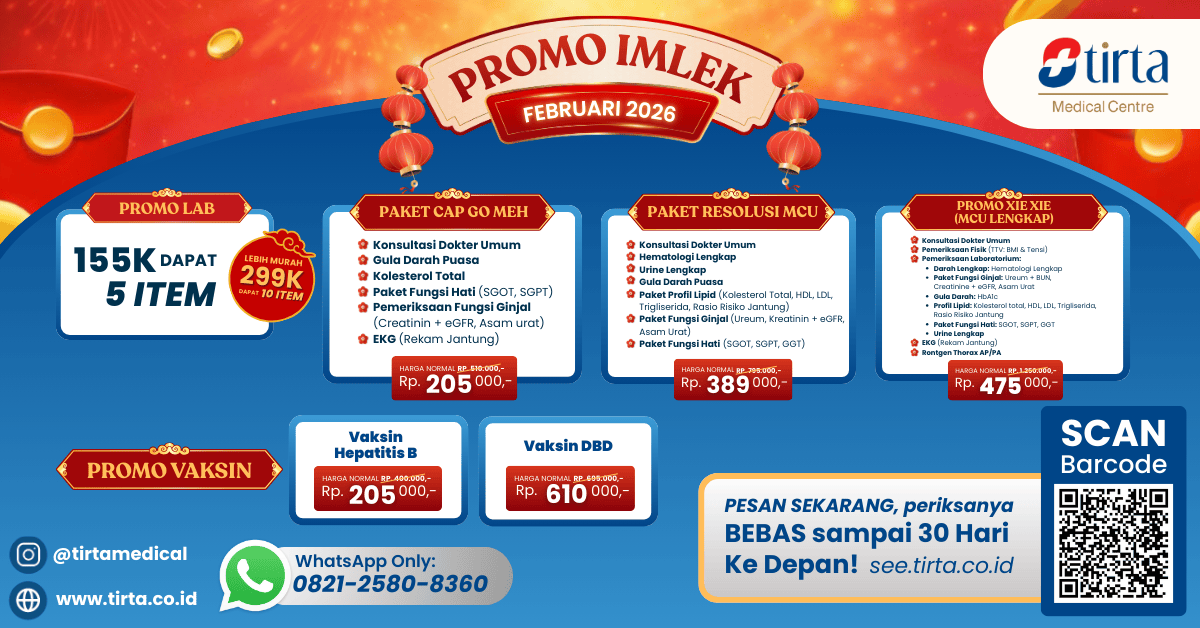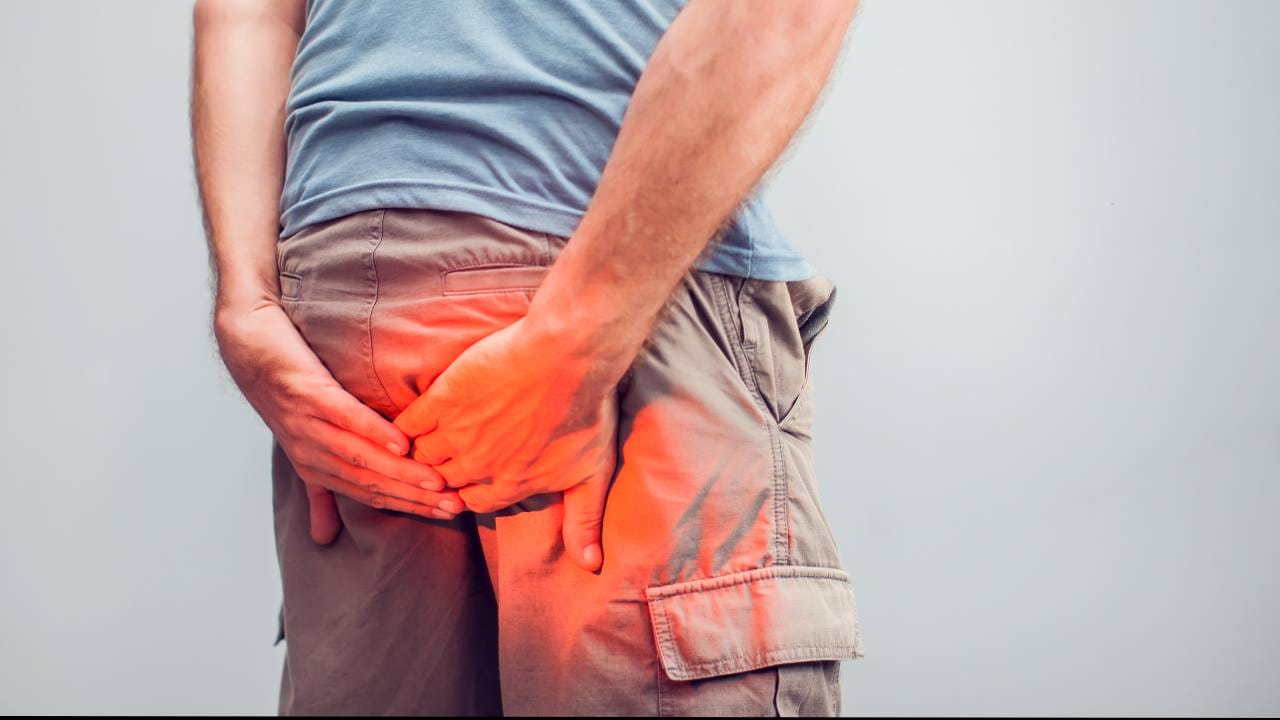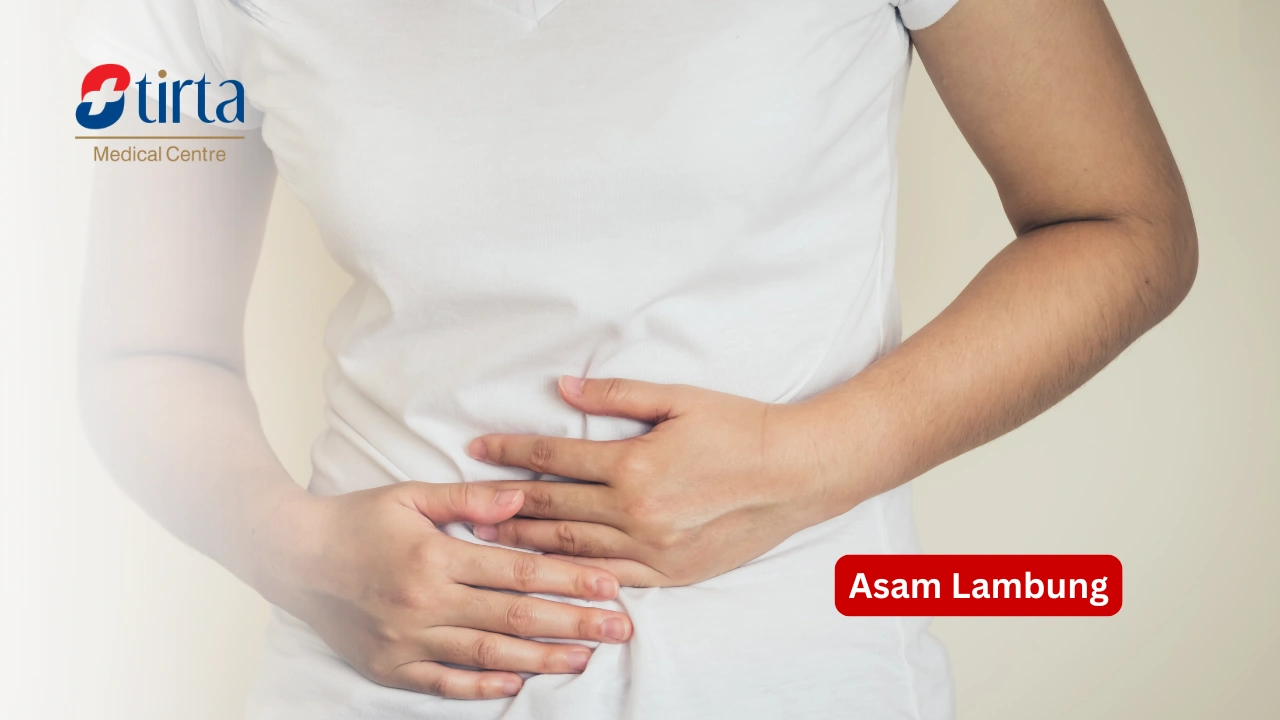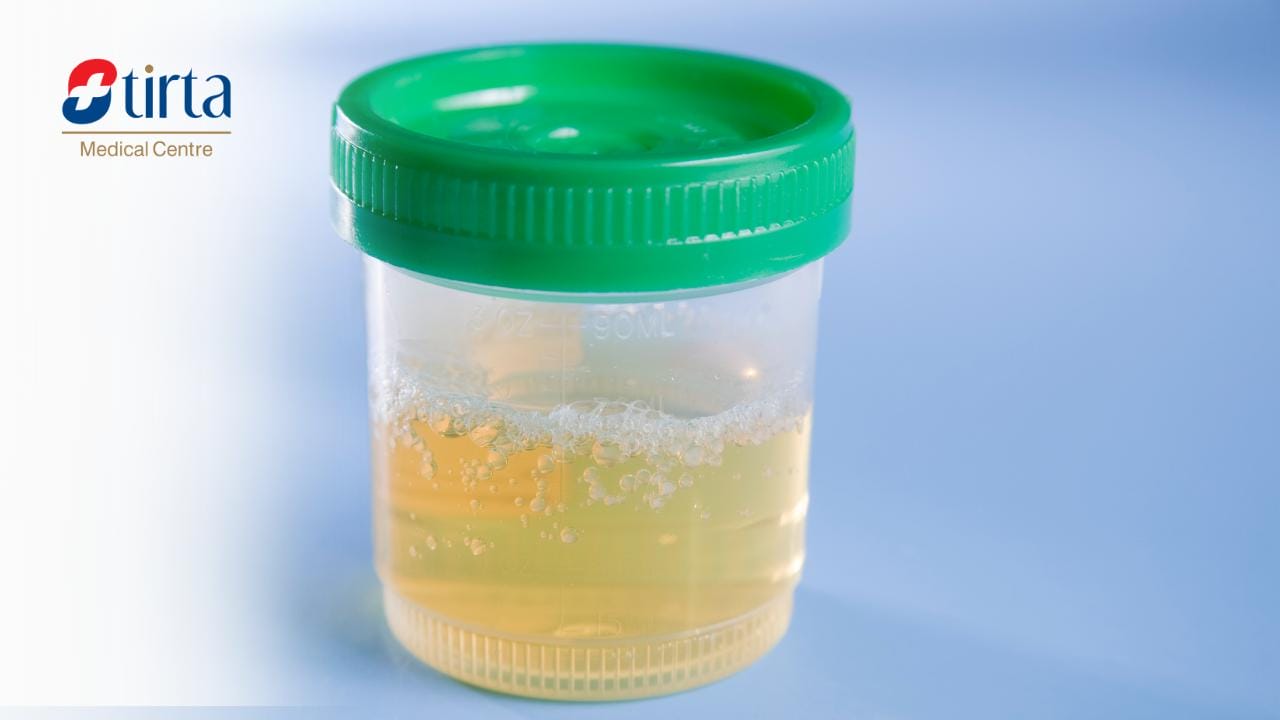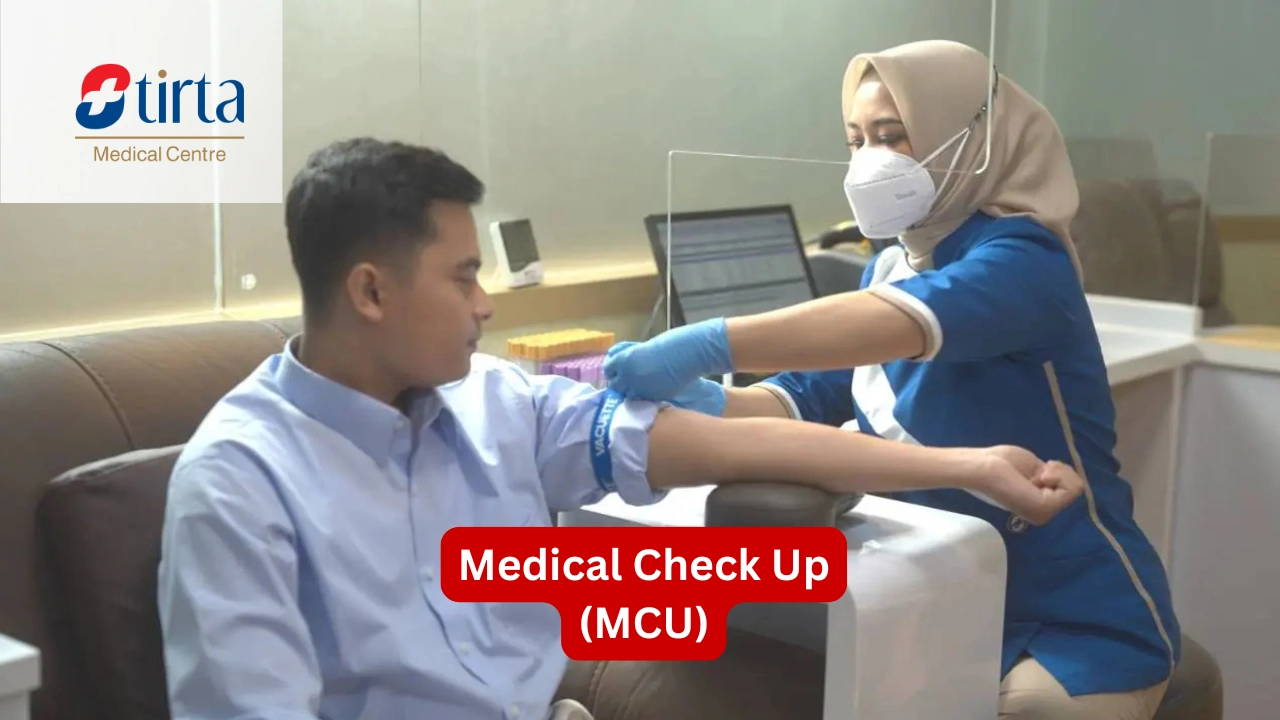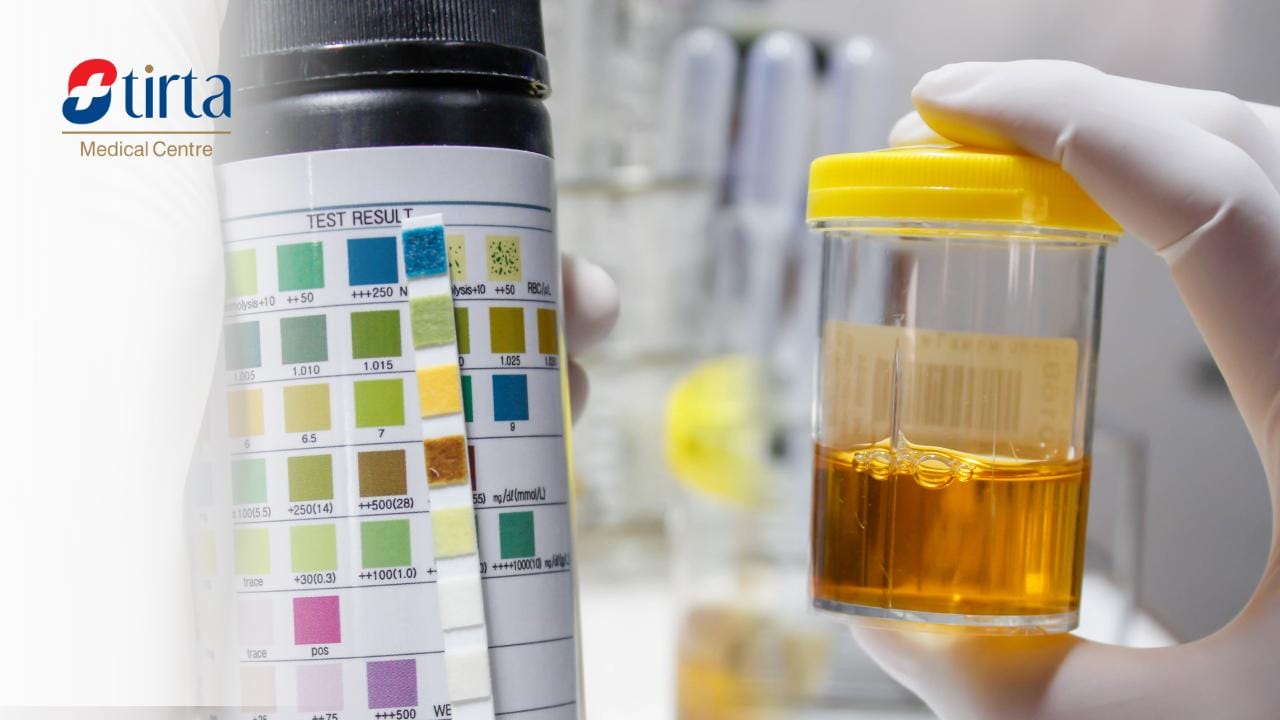Medication for hemorrhoids is one of the first steps you can take to address issues in the anal area. However, there are many other treatments you can consider when dealing with advanced hemorrhoids.
What exactly is hemorrhoids? What symptoms will you experience when suffering from this disease and how are hemorrhoids treated? Let’s read the following article to find out more about this disease!
What is Hemorrhoids?
Hemorrhoids, also known as piles, is a condition that indicates a problem in the anal area. This involves inflammation and swelling of the venous blood vessels around the anus.
This condition is also known in the medical world as hemorrhoids. However, swelling occurs not only in the venous vessels but can also occur in the rectum. This part is a channel that connects the large intestine with the anus.
This condition is a type of disease that can heal on its own or with over-the-counter hemorrhoid medication from pharmacies or by prescription. However, in severe conditions, there are also specific medical actions used to treat the disease.
Hemorrhoids are divided into two types: internal and external hemorrhoids. Internal hemorrhoids are a disorder with swelling that occurs inside the anus and is not visible from the outside. This condition can cause blood spots when defecating.
In the case of external hemorrhoids, the prominent complaint is pain and itching, which generally causes swelling on the outside of the anus. This condition can tear that area and cause bleeding.
Hemorrhoid Management Using Medication and Other Therapies
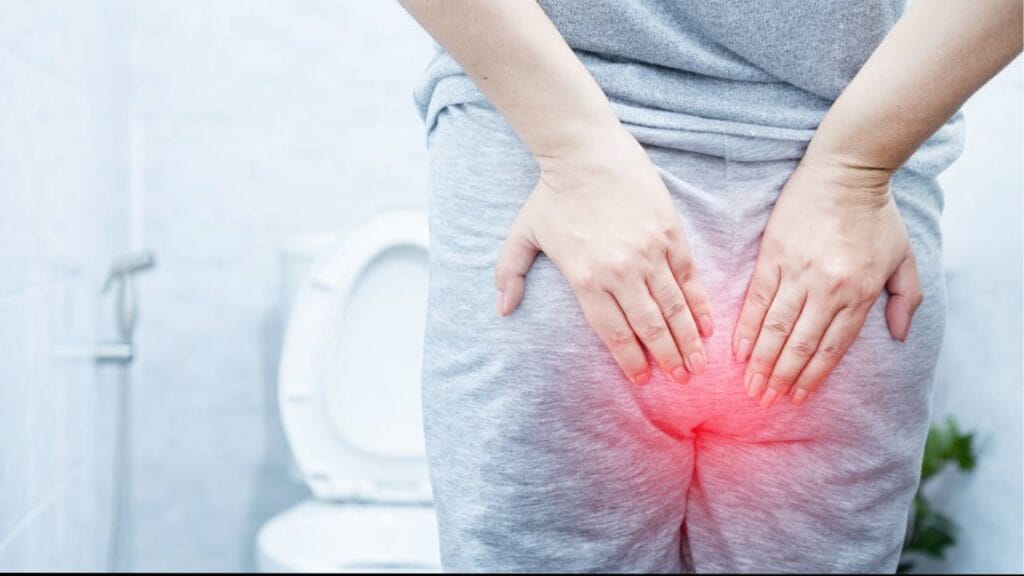
There are several hemorrhoid management methods that you can undertake with the help of medication or other types of therapy, such as:
1. Topical Hemorrhoid Medication and Suppositories
This type of medication can be in the form of ointments, creams, and suppositories. These medications function to alleviate pain and swelling in the anus as a result of hemorrhoids.
2. Hemorrhoid Pain Relief Medication
Various analgesics or pain relievers can also be consumed as advised by your doctor. Generally, the medication obtained is paracetamol, which acts as an analgesic agent.
3. Corticosteroid Group Hemorrhoid Medication
Treatment using corticosteroid group medications in cream form is also an alternative usually obtained by sufferers. However, this type of treatment should be consulted with a doctor first to match the patient’s condition.
4. Laxative Hemorrhoid Medication
Laxatives or laxative medication also function in managing hemorrhoids by facilitating the defecation process due to constipation experienced by the patient. Thus, the feces that come out do not injure the surface of the anus.
5. Non-Surgical Procedures
Besides using hemorrhoid medication, there are also non-surgical procedures that you can obtain when suffering from this disease. Some of these procedures include sclerotherapy injections, hemorrhoid ligation (banding), and coagulation. However, these procedures are performed according to the advice of a doctor.
6. Surgical Procedures
If non-surgical management and the use of hemorrhoid medications do not yield the desired therapeutic results, then surgery generally becomes the last choice recommended by the doctor. This action includes hemorrhoidectomy and stapled hemorrhoidopexy.
Causes of Hemorrhoids
Besides information about hemorrhoid medications that you can use, it would be better if you also knew the causes of this condition. The cause of this disease is generally due to straining too hard during bowel movements or sitting too long on the toilet.
This turns out to disrupt the flow of blood, causing blockage of blood vessels around the anus. Thus, this condition causes swelling and inflammation in or around the anal area.
Risk Factors for Hemorrhoids
There are several risk factors for this condition, including:
a. Chronic Constipation and Lack of Fiber
Lack of fiber intake can cause stools to become harder and smaller. Of course, this is the initial cause of constipation which ends in hemorrhoids or piles.
In some cases, treating hemorrhoids or piles does not always use hemorrhoid medication. However, you should consume high-fiber foods from fruits and vegetables regularly every day.
b. Obesity and Pregnancy
Pregnancy can also cause hemorrhoids due to the growing uterus. As a result, the uterus can press on the blood vessels in the large intestine, causing lumps in the anal area.
Not only that, excessive body weight can also trigger hemorrhoids because of the pressure it puts on the blood vessels in the lower part of the body. This causes narrowing of the blood flow and swelling in the anal area and its surroundings.
Symptoms of Hemorrhoids
For external hemorrhoids, common symptoms experienced by patients range from irritation or itching, pain, and swelling around the anus. In addition, there is also bleeding during bowel movements.
As for internal hemorrhoids, there is bleeding during bowel movements accompanied by pain, pain during straining, and itching in the anal area. Both conditions of hemorrhoids or piles need to be addressed immediately to prevent more severe diseases.
Have You Recognized the Symptoms of Hemorrhoids?
After reading the article above, you can delve deeper into information about this disease and the types of hemorrhoid medication commonly prescribed.
Therefore, take care of your health by maintaining daily life habits. You can also conduct online doctor consultations or contact Tirta Medical Centre for practical and easy health checks starting now.
FAQ about Hemorrhoids
Hemorrhoids are a condition of inflammation and swelling that occurs in the venous blood vessels around the anus. This condition is divided into external and internal hemorrhoids. External hemorrhoids are a type where the swelling occurs outside the anus. Internal hemorrhoids are a type where the swelling occurs inside the anus, making this type of disease not visible from the outside.
The cause of hemorrhoids is straining too hard during bowel movements or sitting for too long.
Common symptoms of hemorrhoids are swelling, pain, or itching around the anus, and bleeding during bowel movements.
Generally, chronic constipation also affects someone who is overweight and in a state of pregnancy. This is due to the pressure on the lower body, especially the anus, causing swelling. Other risk factors also occur in someone who suffers from chronic constipation and lacks fiber in their diet.
Management can involve pain relievers, corticosteroids, laxatives, topical medications, suppositories, non-surgical procedures, and surgical medical procedures. Prevention can also be done by consuming fiber-rich foods regularly every day.
Reference:
- Margetis, N. (2019). Pathophysiology of Internal Hemorrhoids. Annals of Gastroenterology, 32(3), pp. 264.
- Mott, T., Latimer, K., & Edwards, C. (2018). Hemorrhoids: Diagnosis and Treatment Options. American Family Physician, 97(3), pp. 172–9.
- Health Direct (2021). Health Topics A-Z. Hemorrhoids.
- National Health Services UK (2019). Health A to Z. Piles (Hemorrhoids).
- National Institute of Health (2019). MedlinePlus. Hemorrhoids.
- Johns Hopkins Medicine (2021). Conditions and Diseases. Hemorrhoids.
- Mayo Clinic (2021). Diseases & Conditions. Hemorrhoids.

